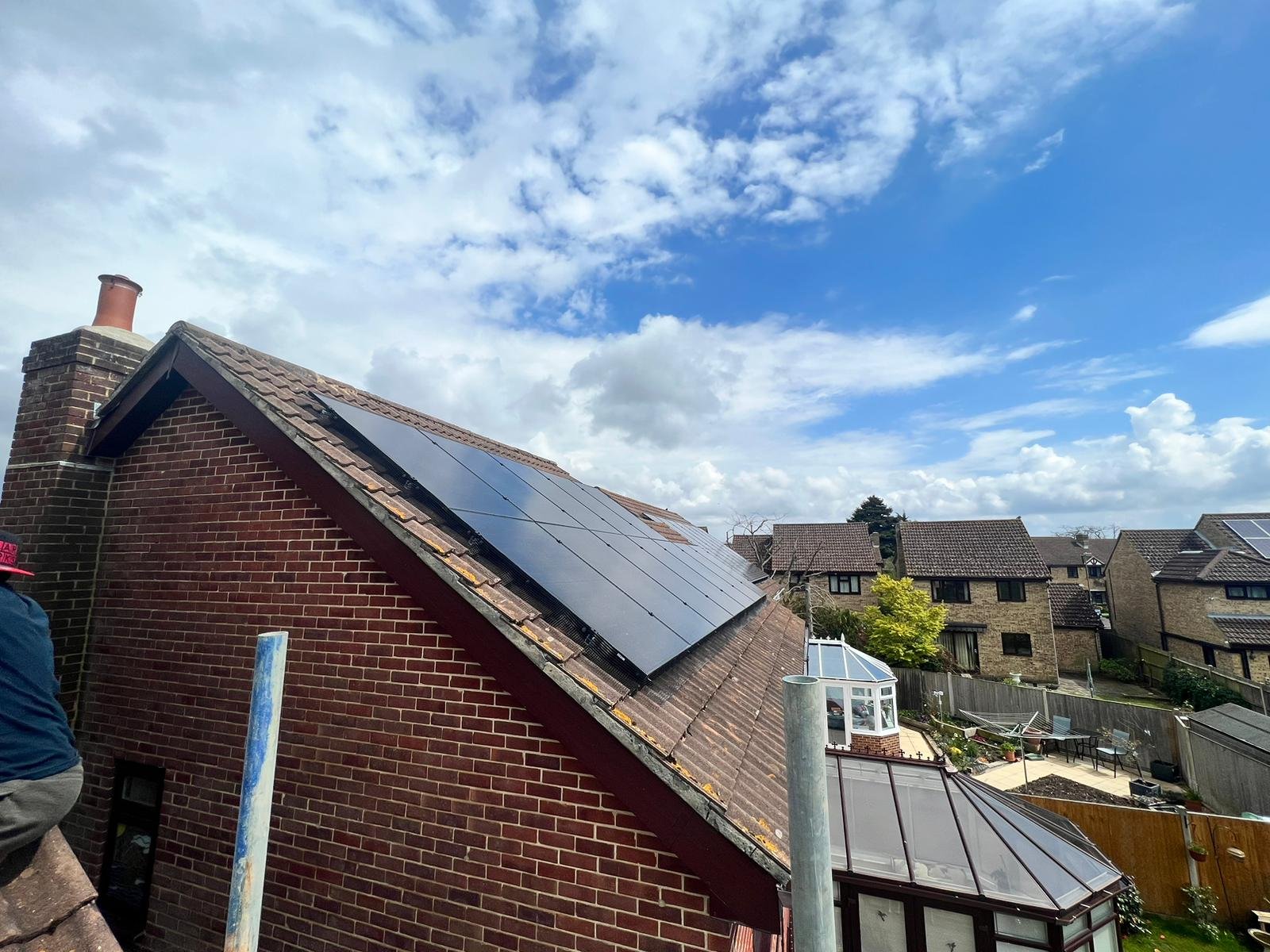Best Solar Array Calculator: Calculate Your Energy Needs and Savings
Thinking of going solar? Solar panels can offset your electricity bills by calculating the solar array size to cover your monthly energy usage. Knowing your energy needs and savings is key before you switch. Let’s get started on how to use a solar array calculator to calculate your needs and benefits.
The Calculator:
How much to install a solar panel system? Get a system cost now.
Put in the amount of electricity you use. Add in your electricity price, and whether or not you would like solar batteries.
Then you can download an instant quote.
Your Energy Needs
To choose the right solar panel size you need to know your daily energy usage. Here’s how to do it:
Check your bills to see your energy usage patterns.
How many people live in your household and what appliances do you use daily.
Use a solar energy calculator to calculate your needs and solar panel output.
The average UK household uses 2,700 kWh of electricity per year. But yours may be different.
Choosing the Right Solar Panel Size
Choosing the right solar panel size depends on several factors including the solar panels required based on your energy consumption and available roof space. Calculating the number of solar panels needed is critical as it ensures you have enough panels to meet your energy needs and your roof size.
Your energy usage and roof space.
Your roof direction and orientation.
The efficiency of the solar panels you choose.
A solar panel calculator can work out the right size for you. Remember, the average solar electricity system in the UK needs 10-20m² of unshaded space.
How Many Solar Panels Do I Need?
To calculate the number of solar panels:
Calculate your annual energy usage.
Divide by 366 (the annual output of a standard 430-watt residential solar panel in the UK).
For example, if your annual usage is 2,700 kWh: 2,700 ÷ 366 ≈ 7.4 panels
Homeowners with small roofs may need to install fewer panels with higher power ratings to fit their roof space. But it’s always best to install as many as you can and fit on your roof to get the most benefits.
Solar Panel Output and Performance
Solar output depends on:
Solar panel kilowatts.
Environmental factors (shade and temperature).
Solar hours per day.
In the UK where we have cloudy skies, it’s important to choose high efficiency panels that perform well in all weathers.
Solar Panel Calculator
A solar panel calculator is a useful tool for anyone thinking of going solar on their property. It will work out the right solar panel size for your home based on your energy usage and roof space. By using a solar panel calculator you can compare the cost of going solar vs solar savings and make an informed decision on your investment.
To use a solar panel calculator you’ll need to provide some basic info on your energy usage and roof size. This may include your average bill, roof direction and how much sunlight your roof gets. The calculator will then give you an estimate of the number of solar panels you’ll need, the cost of installation and the savings you can expect.
Solar Panel Costs and Savings
To work out the costs and savings of going solar:
Calculate the installation cost.
Estimate energy bill savings.
Calculate the return on investment.
A solar panel calculator can do this for you. Don’t forget to include the benefits of renewable energy and increased energy efficiency.
Using a solar array calculator is the first step of your solar journey. It will give you valuable insights into your energy needs and savings. Remember, these calculators are only an estimate, consulting with a solar installer will give you the most accurate info for your specific situation.
Get the Most Out of Your Solar Panels
To get the most out of your solar panels you need to consider several factors that affect the performance of your solar panel system. These are:
Solar panel efficiency: Choose high efficiency panels to get the most energy out of your system.
Roof space: Make sure your roof has enough space for the number of panels you need.
Battery capacity: Consider a battery storage system to store excess energy generated by your solar panels during the day for use at night or during power cuts.
Energy efficiency: Be energy efficient to get the most out of your solar panel system.
Renewable energy incentives: Check if there are any government incentives or tax credits for solar in your area.
By doing this you’ll get the most out of your solar panel system.
Solar Panel Installation and FAQ’s
Get Started with Solar Panels
Dive into the world of solar panel installation. Insights into flat roof setups, possible energy savings, how it works, panel options, and more.
Solar Panel Installation and Types
Discover how to participate in the SEG scheme. Navigate planning permissions in the UK while exploring DNO approval and more.






